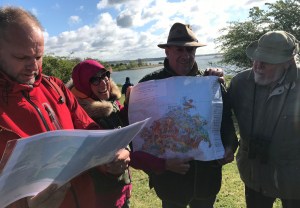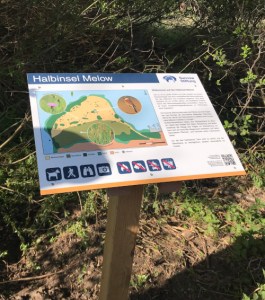For two days in early May, a number of people committed to the protection of climate and the environment met in the north-eastern German town of Greifswald to celebrate the 20th anniversary of the Michael Succow Foundation. Among them were Michael Otto, a prominent entrepreneur from Hamburg, Alexander Bonde, Secretary General of the German Federal Environmental Foundation, and Peter Südbeck, head of the Lower Saxon Wadden Sea National Park.

Serving people, protecting nature
So what has the foundation been able to initiate? The Minister of Energy, Infrastructure and Digitalization in the north-eastern German federal state of Mecklenburg-Western Pomerania, Christian Pegel, provided a comprehensive summary: Michael Succow, he said, had used his prize money very meaningfully. The foundation had grown because it had pursued an integrative, cooperative approach and had worked together with numerous partners. In fact, Succow has used federal and state subsidies to buy land and cultivate it according to the principles of nature conservation. He has also used development aid to promote projects that are helpful both for people as well as the environment in countries where hardly anyone else from here is working, such as Turkmenistan, Kazakhstan, Azerbaijan and Ethiopia. Many practical examples from this invaluable work were presented as part of the anniversary event.
However, the foundation is also active “on its own doorstep” in Mecklenburg-Western Pomerania and specifically in the Greifswald area. It campaigns against the spread of the agricultural industry, which has been acquiring countless hectares of land with the sole intention of using them as dumping grounds for animal waste from non-local farmers. Michael Succow described the situation in the state, which ultimately represents nothing more than land grabbing. He also shed light on the far-reaching consequences: In many villages, as many as half of the residents voted for the right-wing Eurosceptic party, the AfD, because they no longer saw any meaningful sense in their work. It was an example Succow used to emphasise the interconnectedness of quality of life, diversity and meaningfulness of life.
However, these are qualities that increasingly fall by the wayside in modern industrial agriculture where ever larger fields are being cultivated by ever fewer people, and mostly with monocultures of corn, oilseed rape or wheat. As a result, the soil becomes increasingly desolate and is successively lost.
More water for the moor

Hedge plants help alleviate the nutrient burden that’s built up as a result of the surrounding agricultural use. Mowing and sheep grazing contribute to protecting the slopes of the hill from scrub encroachment. As a result, valuable nutrient-poor grassland can emerge, which in turn provides a habitat for many specialised plants and animal species – the increased biodiversity contributes to the stabilisation of the ecosystem. In order for distant city dwellers to be able to take a look for themselves, the foundation has developed an app: It is called “Echt:Natur”, and is available on Google Play and in the App Store.
Charism and charm
One thing becomes clear once again during the two-day anniversary event: in order to achieve change, it always requires personalities with charism and charm who keep their eyes on the prize even in less understanding surroundings and convince people to participate. One of them is Michael Succow!
We wish his foundation all the best and every success in the fight against lacking knowledge and ignorance. The 6 May publication of the report of the World Biodiversity Council IPBES on the projected mass extinction of species, the urgency of this kind of work has been made obvious once more. Campaigners like Succow need many companions.
 Monika Griefahn GmbH
Monika Griefahn GmbH
Leave a Reply